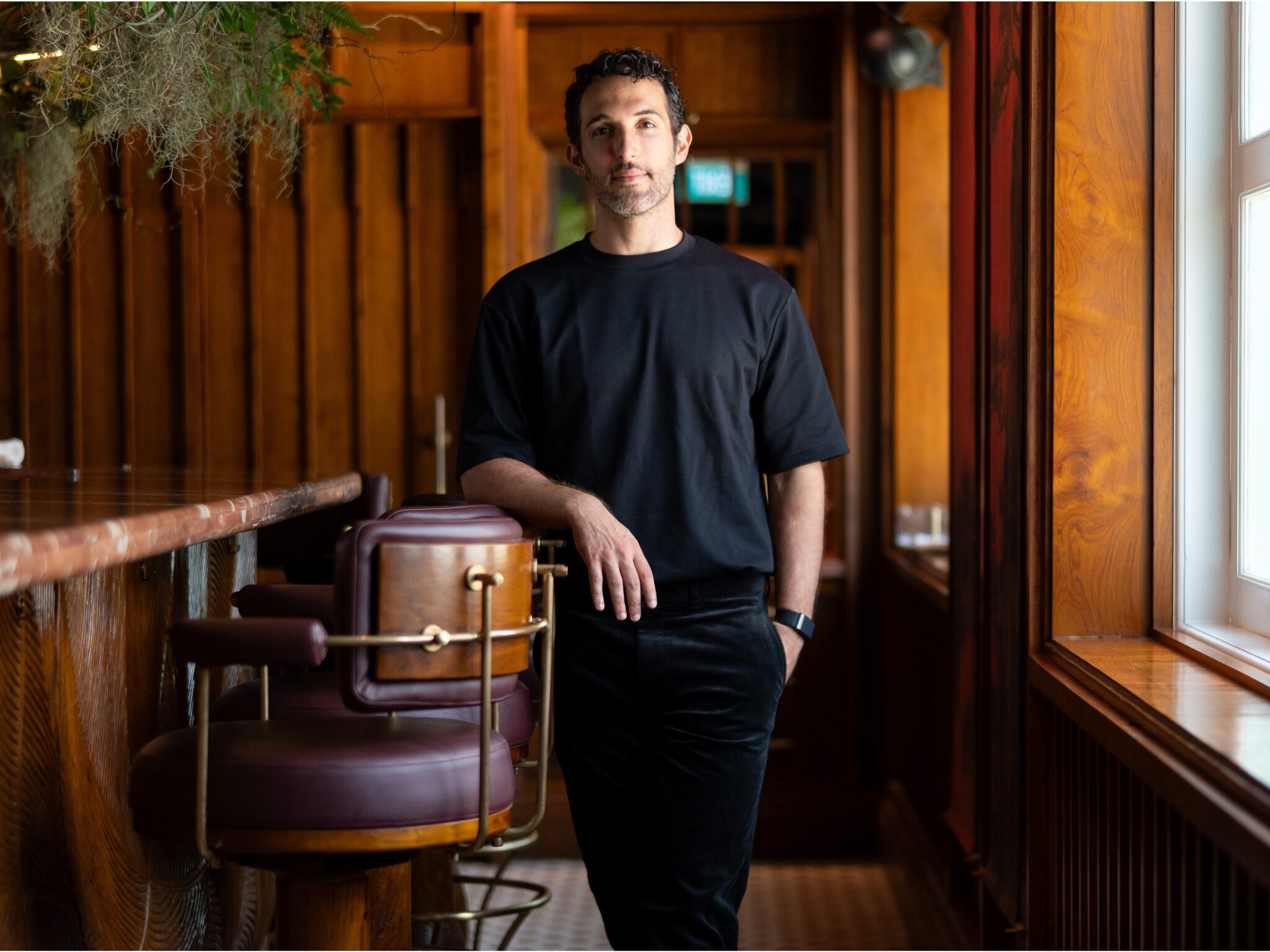
Australian cultivated meat startup Vow has laid off 25 employees as it finalises its latest funding round, citing slower-than-expected regulatory processes.
Sydney-based Vow, the only cultivated meat producer globally that has received regulatory approval to sell multiple products in multiple markets, has made nearly a third of its staff redundant as it seeks to close its latest round of investment.
The startup – which has dominated global headlines on several occasions – informed staff about the layoffs last Friday, with 25 employees (or about 30% of its workforce) across R&D, sales and communications reportedly affected, including some in leadership positions – the exact roles haven’t been confirmed.
“On Friday, we began the painful process of commencing a redundancy consultation (a process which is ongoing) for 25 members of Vow’s team, across a variety of roles and functions. This was an incredibly difficult decision and it truly hurt to make,” Vow co-founder and CEO George Peppou said in a statement sent to Green Queen.
The company – which appeared on The Late Show with Stephen Colbert for its woolly mammoth meatball in 2023 – cited the slow pace of regulatory approvals in several markets as a key factor behind the cutbacks, with Peppou insisting it was “a decision we are taking from a position of strength as the industry leader, not a position of weakness”.
Vow’s cultured quail parfait and foie gras – marketed under the Forged brand – have been cleared to sell in Singapore and Hong Kong, but it has also been awaiting approval from Food Standards Australia and New Zealand (FSANZ) since early 2023. The process in the latter market has been slow-going.
Peppou told Green Queen in November that Vow anticipated an approval decision to be made in Q1 2025, “given the projected timelines shared with us by FSANZ”. A week earlier, the regulator said it had opened a second round of public consultation, proposing a new standards-based approach. It closed just before Christmas, but no further announcements have been made yet.
Cultivated meat companies are facing a difficult regulatory landscape in multiple geographies. The EU’s regulatory process is lengthy, and most companies do not expect a greenlight in the near term. Meanwhile, with the re-election of President Donald J Trump, cultivated meat companies looking for clearance in the US are bracing for slower approvals.
Vow fundraising in bleak environment for cultivated meat
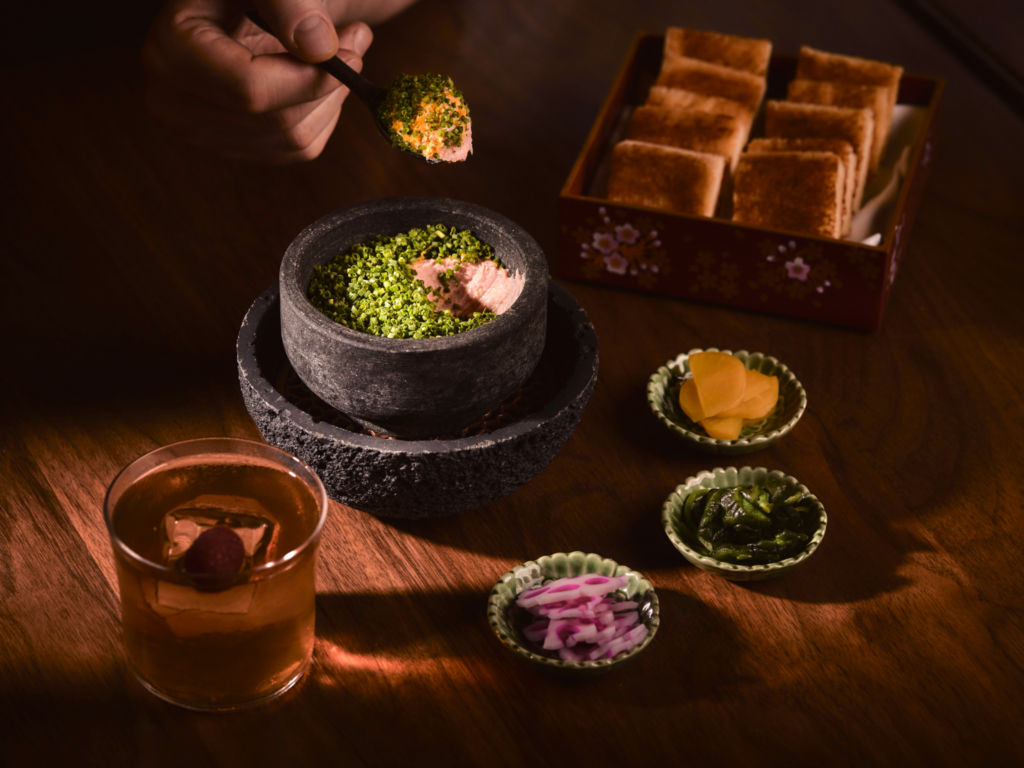
According to the Sydney Morning Herald, Peppou sent a Slack message to the company’s employees (known as Vowzers) on Friday, which read: “Team, Vow is finalising a fundraise in a very challenging funding environment – this gives us runway into 2027.
“As part of this, the expectation is for Vow’s focus to narrow to only finding product [that is] market fit, continuing to improve manufacturing reliability and reaching approvals in new markets. Sadly, this means today we will be saying goodbye to a number of Vowzers.”
Vow has so far secured $55M from investors via seed and Series A rounds (at the time it was the largest Series A for cultivated meat globally), and has been able to commercialise with a much smaller outlay than other companies approved to sell cultivated meat, with Upside Foods (US) having raised $608M, GOOD Meat (US) $270M, and Aleph Farms (Israel) $118M. The only startup that has achieved regulatory clearance with fewer funds than Vow is Meatly ($4.5M), but it caters to pets rather than humans.
As Peppou indicated in his message to staff, venture capital has dried up for cultivated meat. Investment in the sector fell by 75% in 2023 to reach $226M, and in the first nine months of 2024, it was only able to attract another $133M – in fact, Q3 saw a mere $3M going into cultivated meat.
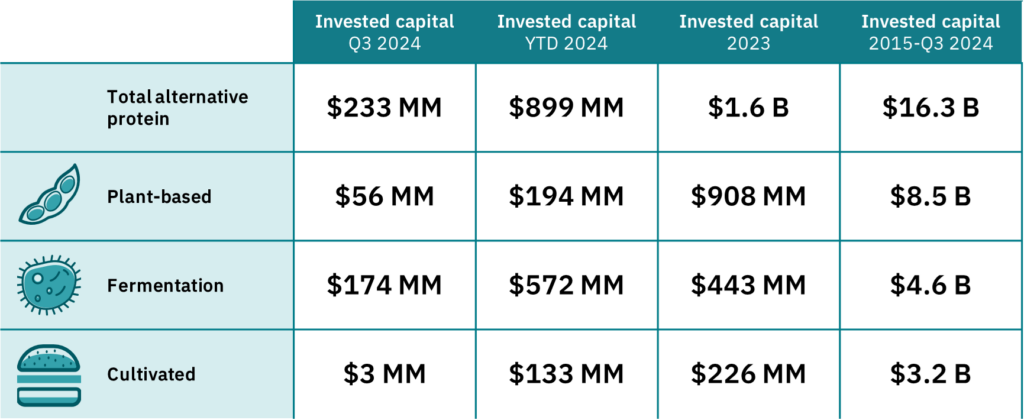
The Vow CEO declined to comment about the upcoming fundraise, instead saying this move would help streamline things for the startup. Peppou said that its volume increase had been slower than planned due to the regulatory pace, which meant it didn’t require the scale of the team it was previously building.
“Each and every one of the staff members whose roles have been included in the ongoing redundancy consultation are exceptionally talented, dedicated and hardworking individuals who substantially contributed to the success of Vow. This process is not a reflection on them, but rather what Vow needs to achieve in the next two years,” Peppou’s statement read.
“It is my sincere hope that they all choose to stay in our startup ecosystem because I know they are exactly the calibre of individuals who make groundbreaking innovations possible, and I will do everything in my power to support them to find new roles.”
Vow isn’t the only cultivated meat startup to have conducted layoffs recently. Upside Foods let go of 26 employees in July to “narrow to a tighter set of priorities”, a month after Aleph Farms cut 30% of its domestic workforce amid its scale-up efforts and reported fundraising difficulties. The alternative protein space is facing a challenging landscape and many leading companies are streamlining their teams, the latest being lactoferrin-maker TurtleTree.
Investors call decision difficult, but logical
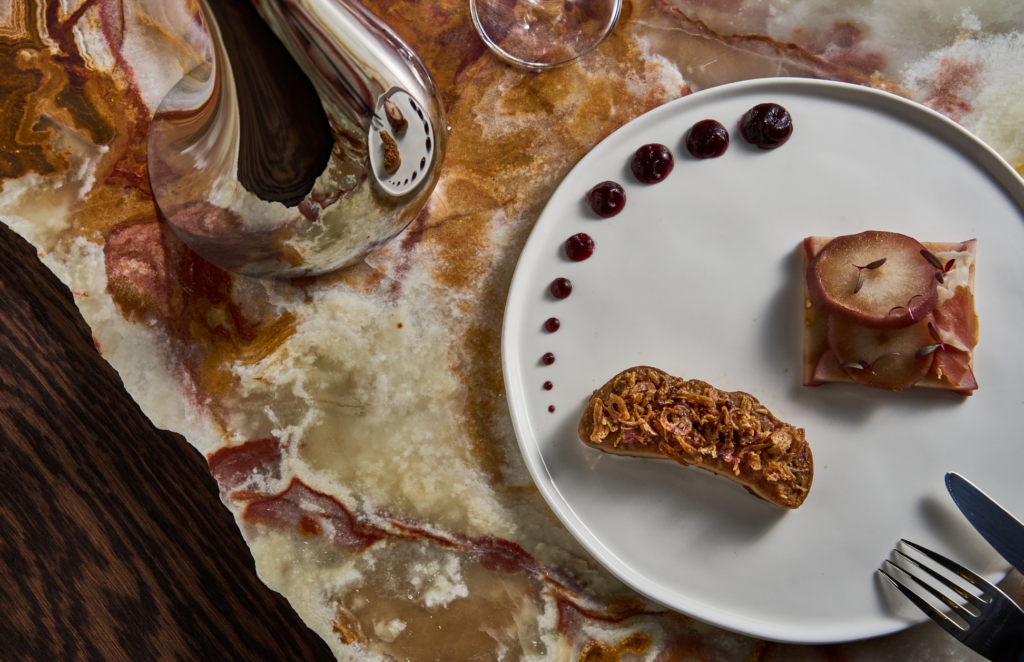
Vow has taken a different approach to its better-funded rivals, focusing on high-end meats and novel taste experiences with its Forged Gras and Cultured Quailia, rather than making cultivated versions of chicken, where the margins are much smaller.
It has entered the market through tasting events at luxury eateries in Singapore and Hong Kong. According to a company website, consumers can taste Vow’s at up to seven restaurants in the Lion City while tastings in Hong Kong are currently paused. The company said the latter was unrelated to this week’s news.
“Like many companies operating in highly technical environments and highly regulated markets, Vow has faced a challenging operating environment as it scales its mission globally,” a spokesperson for Blackbird Ventures, an investor in Vow, was quoted as saying by the Sydney Morning Herald.
“Start-ups require incredibly difficult decisions to be made, and whilst this decision was the most logical thing for the company, it was not made lightly,” she added. “We believe in Vow’s vision for entirely new foods and are confident in its road map to achieving this ambition.”
‘We must get leaner,’ says CEO
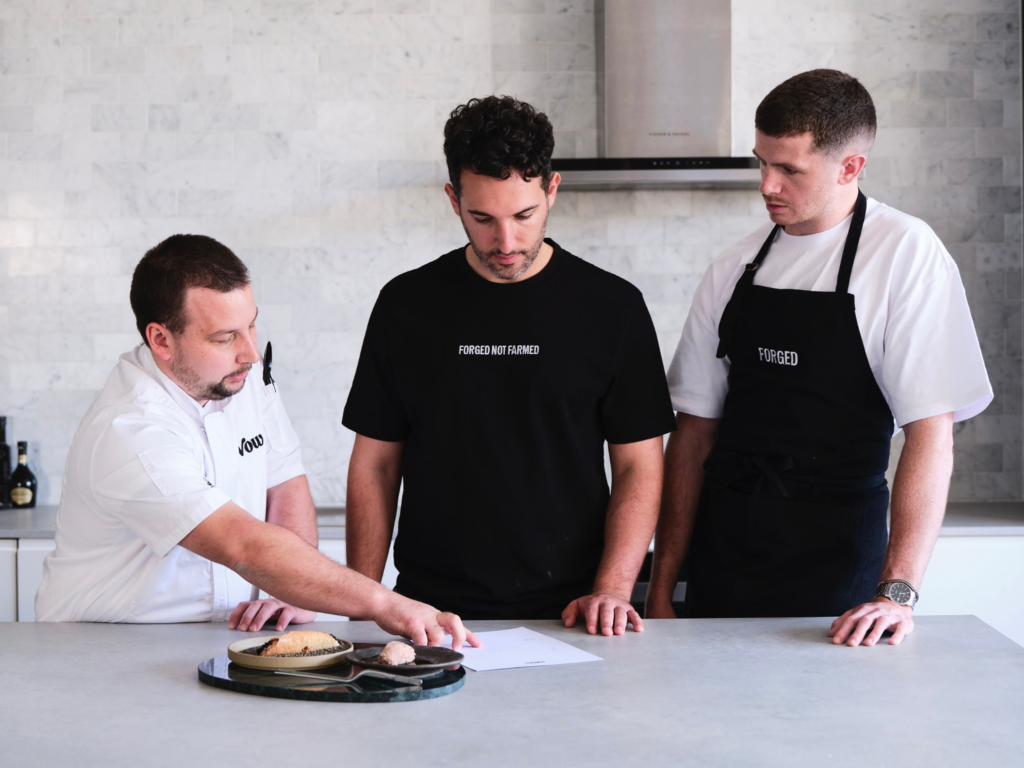
In his statement, Peppou said cultivated meat’s success depends on solving three key challenges: scale, market demand, and market access. “Vow is the only company in the world to have solved the first two of these challenges and is leading the world in market access,” he suggested.
“However, given the complexity and novelty of the regulatory process for cultured meat, it has taken far longer than initially expected to secure regulatory approval in the markets which Vow has targeted.
“This is not a criticism of the regulators, but rather an acknowledgement of the care and thoroughness necessary to ensure cultured meat is completely safe for human consumption and regulated appropriately.
“The reality is that in order for Vow to continue to grow and thrive, we must get leaner and focus our entire efforts on activities that put our products into more markets and onto more consumers’ plates.”
Asked about the company’s plans for 2025, Peppou responded: “More products in more markets from our operating 20kL factory.”
The post Leading Cultivated Meat Startup Vow Cuts 30% of Staff Ahead of Latest Fundraise appeared first on Green Queen.
This post was originally published on Green Queen.